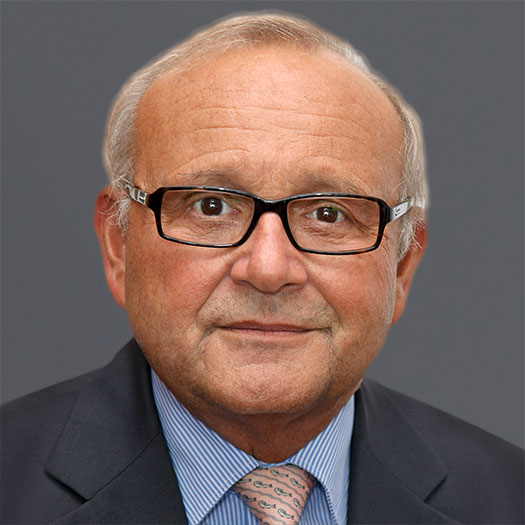Transition to flexible payment form an Economic and Legal Viewpoint
Transition to flexible payment form an Economic and Legal Viewpoint
Economists and legal experts regard flexible salaries as an important precondition to reduce the consistently high unemployment rate in Germany. In this context, they often refer to experience that was gathered in Great Britain or the USA, i.e. countries in which the unemployment rate declined sharply in the nineties and where partially drastic deregulation measures were implemented in the legal and institutional framework conditions of the labour market. Has Germany's federal wage-fixing system turned detrimental to competition and jobs, when seen against the background of modified work organisation and the European integration which accompany technical progress?
Within an interdisciplinary research project, representatives of business administration, economics, and jurisprudence will elaborate theoretical and empirical bases in order to learn more about the economic and legal nexus between the labour law systems (particularly the collective pay agreements system) and the degree of wage flexibility. The aim of the study is to attain economically expressive, theoretically and empirically verified results, which will explain the causes and consequences of wage rigidities. Based on these findings we will derive reform options for the two sides of industry, and public decision-makers.
The empirical analysis starts out, inter alia, with the analysis of the IAB Employee Sample from 1975 to 1995, company interviews, detailed case studies, and our own company interviews. We intend to determine the companies' specific flexibility requirements according to their economic sector, technology intensity, their product-market strategy, and competition on the commodity and factor markets. Based on a regularly conducted ZEW survey, we will explore the type and extent of binding collective wage agreements survey on business-related services, which developed dynamically in the past years, in order to comprehend how wages are fixed in companies that are not bound by a collective agreement. We assume that a relatively high share of companies that is not subject to collective agreements can be found precisely in this sector, and it is again this sector where we witness a considerable information deficit in entrepreneurial wage-fixing behaviour. Furthermore, we started a company poll on February 1, 2000 with the title "Flexible Incomes - Employment Effects". The purpose of this study is to examine the employment policy of private enterprises, and to which extent they are bound by collective agreements. The poll will be conducted primarily in the chemical, metal, electrotechnic, mechanical engineering, commerce, bank, insurance, and other service sectors.


